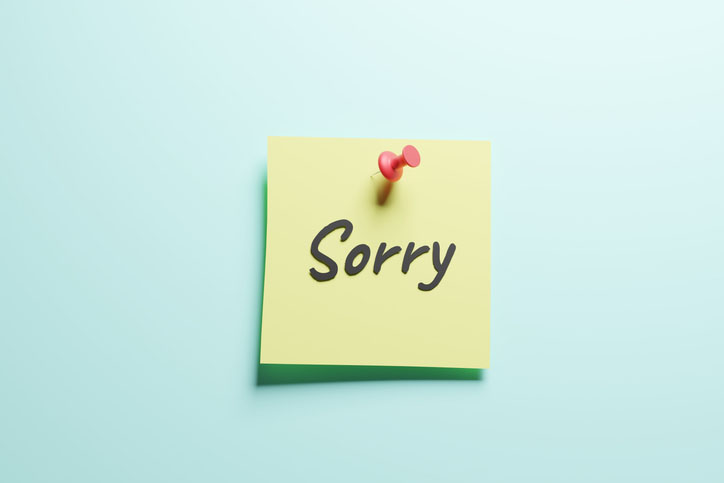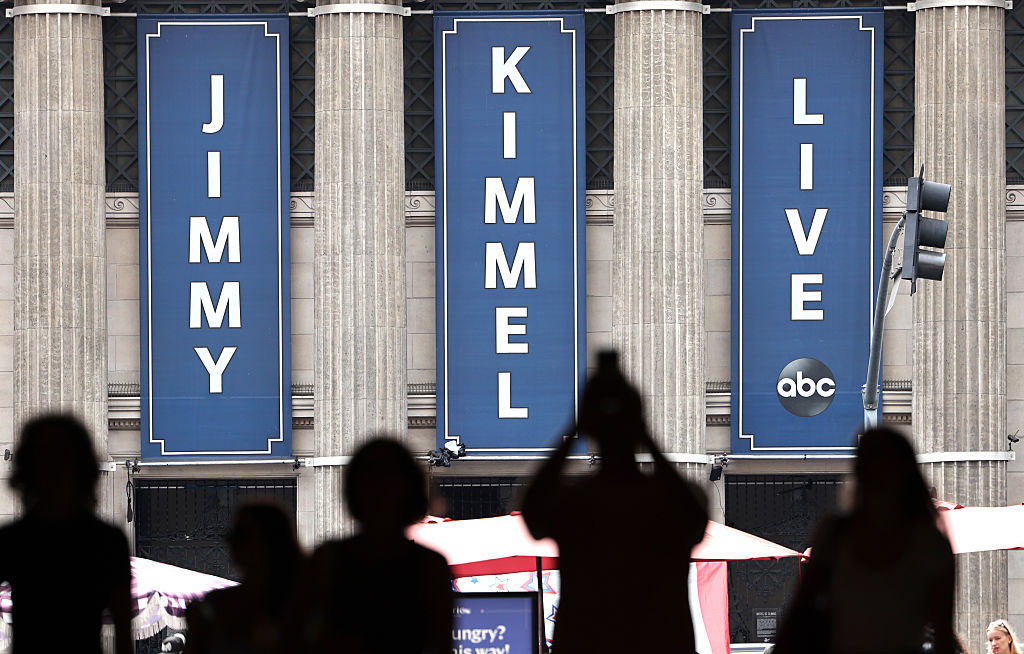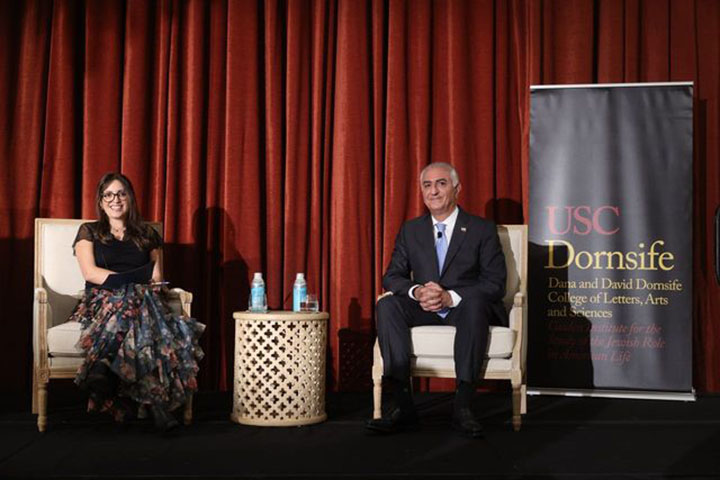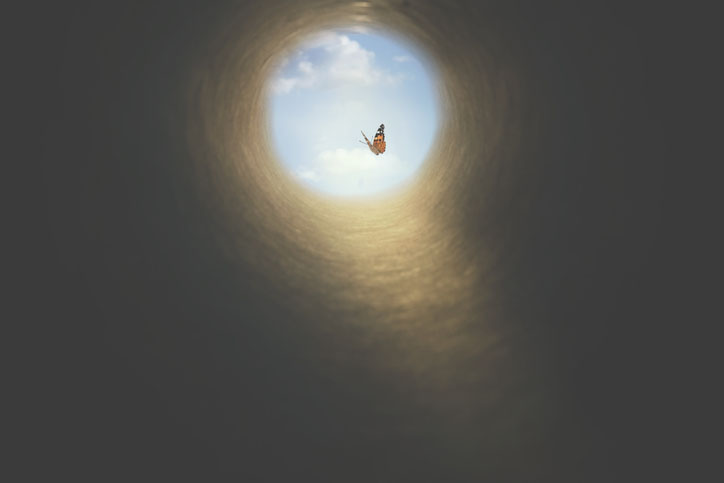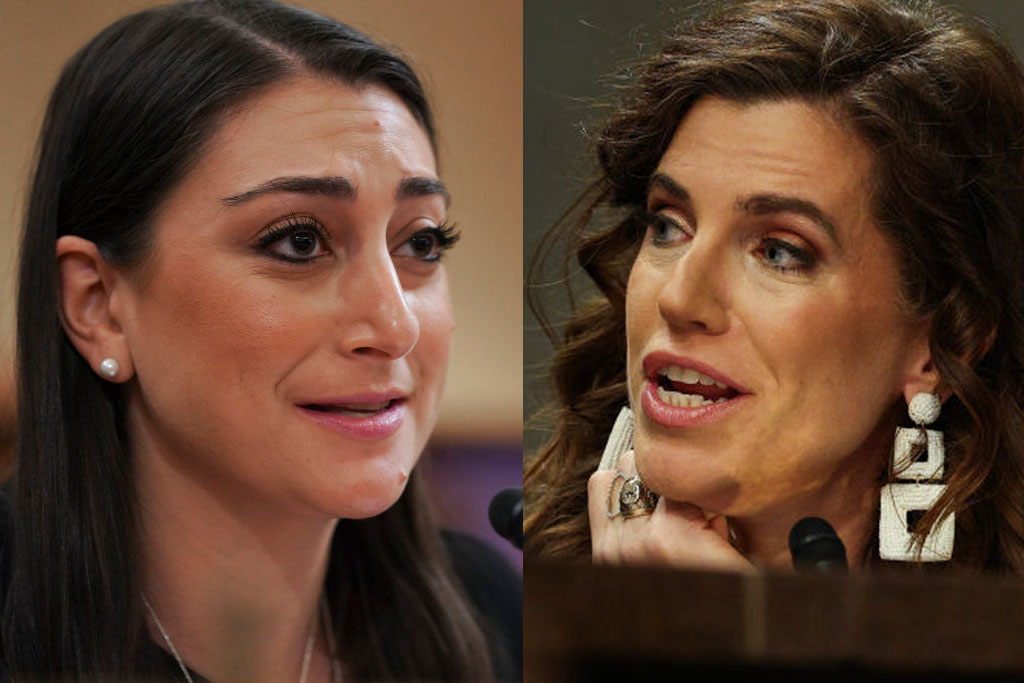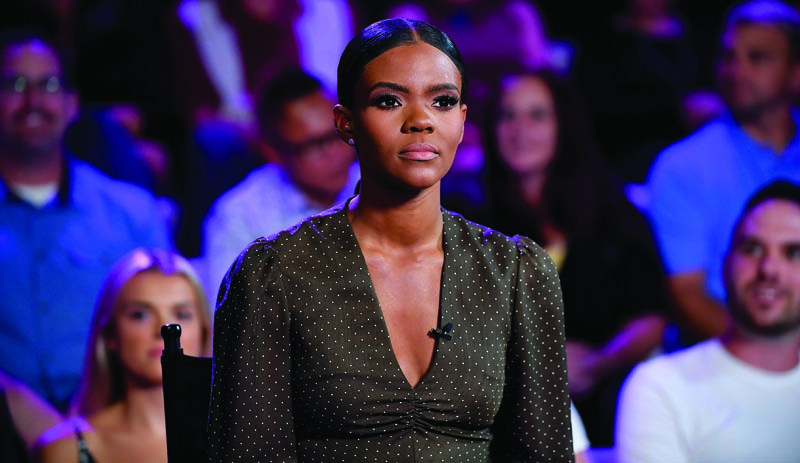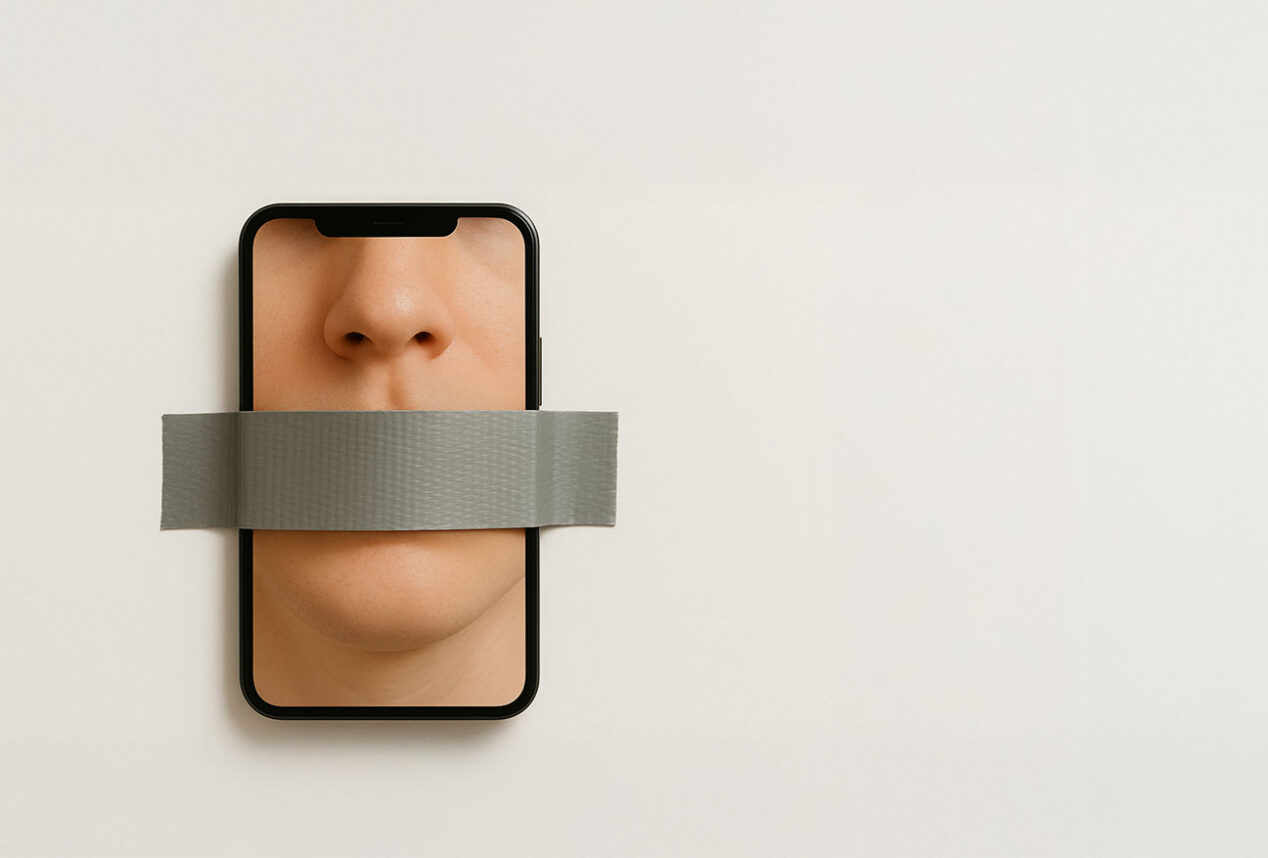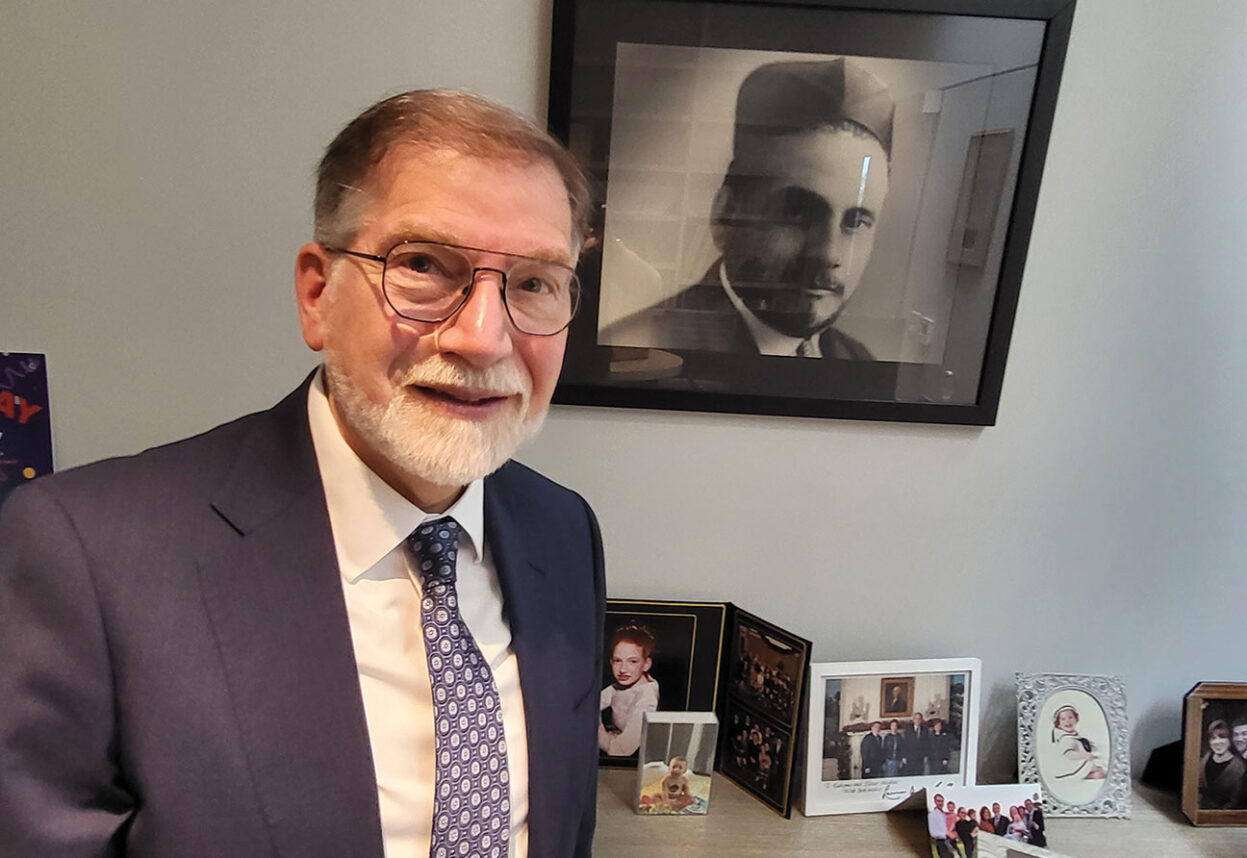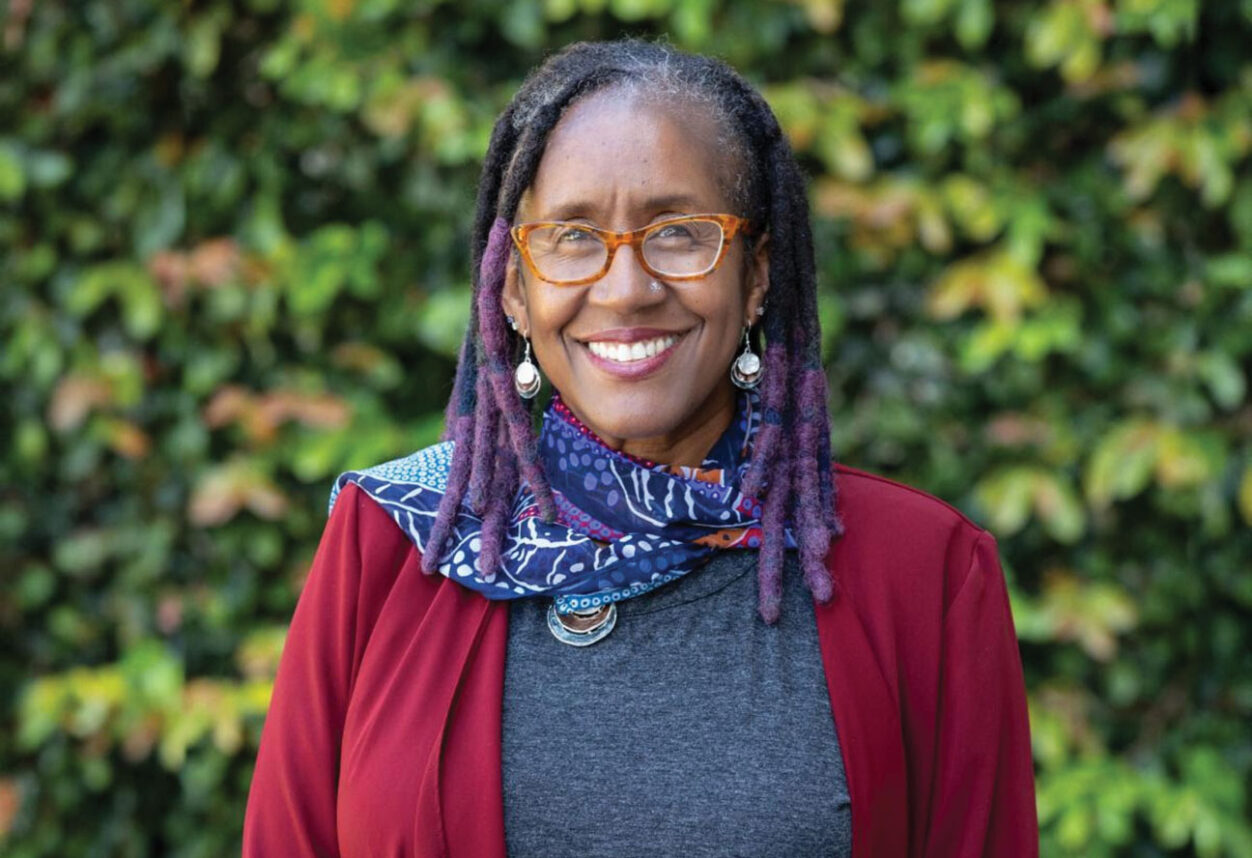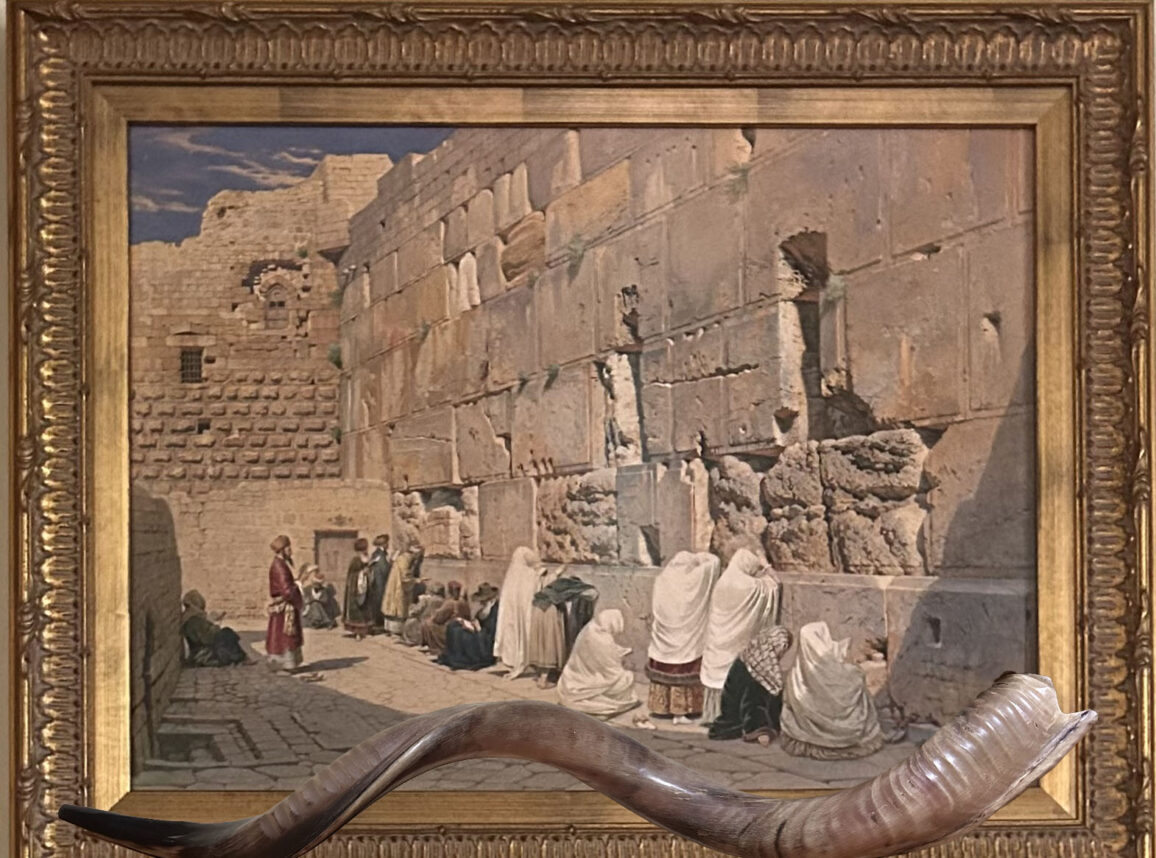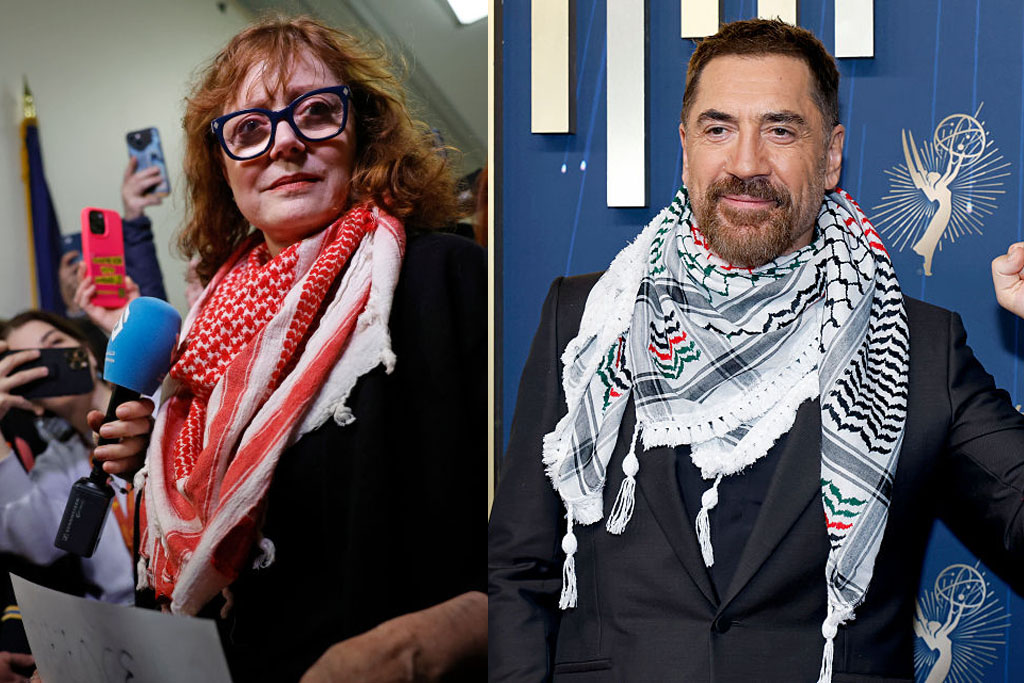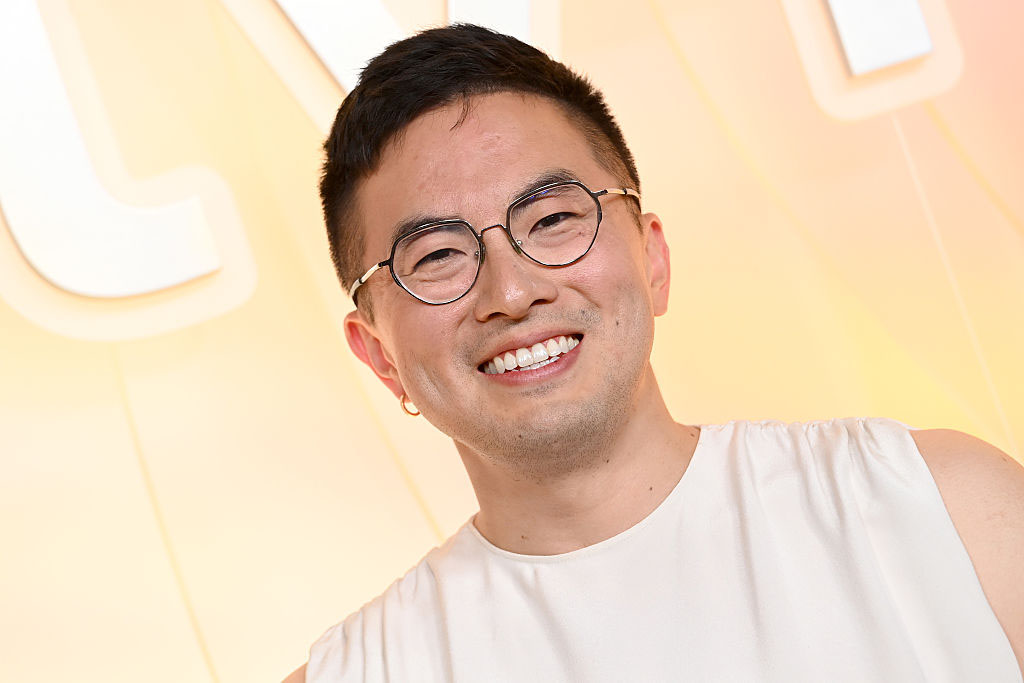Nicole Holofcener is laughing at her Caesar salad, a sparse, pathetic-looking thing she ordered with no croutons and dressing on the side. "I’m nuts," says the writer-director of the breezy new comedy "Lovely & Amazing," chastely dipping a romaine frond into the dressing. "You saw the movie; I’m obsessed. I think I weigh 121 pounds, and I’m like ‘Oh, I have to weigh 119.’ And at the same time, I’m conscious that that’s utterly absurd."
It doesn’t help that a group of Playboy bunnies have congregated one table over from Holofcener’s at the Casa Del Mar Hotel in Santa Monica. But then again, the director’s an old pro at dissecting a particularly American form of mishegoss: the insecurity women feel about their bodies.
In "Lovely & Amazing" — a hit at the 2002 Sundance Film Festival — Jewish matriarch Jane Marks (Oscar nominee Brenda Blethyn) endures liposuction to get dates. Her eldest daughter, Michelle (Oscar-nominee Catherine Keener), stuck in a loveless marriage, flirts with anything that moves. Middle child Elizabeth (Emily Mortimer), a gorgeous actress, is so neurotic about her looks that she flubs an audition with a studly star. Jane’s 8-year-old adopted African American daughter (Raven Goodwin), meanwhile, can’t decide whether to feel inferior because she’s black or Jewish.
"It’s as if she’s saying, ‘Which thing should I hold against myself?’" says Holofcener, 42, who grew up culturally Jewish in New York and Los Angeles. "As tragic as that is, it’s also funny."
If the Marks women are lovely and amazing, they’re also insecure and whiny: "There are so many intelligent and beautiful women who spend an inordinate amount of time obsessing about their appearance," Holofcener says by way of explanation. As if to prove her point, the Playboy bunnies begin anxiously poring over their photo spreads.
Holofcener — like fellow independent filmmakers Allison Anders and Rebecca Miller — makes movies antithetical to the cuddly female bonding flicks Hollywood has championed (think "Boys on the Side").
It’s perhaps no accident that her self-deprecating comedies have been compared to the work of Woody Allen: Holofcener’s stepfather, Charles H. Joffe, produced all of Allen’s films and she virtually grew up on his movie sets. "I remember Woody sitting down and reading to me, but he could also be really glib and sarcastic," she recalls. "Once when I was 8, I had this big lollipop and I said, ‘Look, Woody!’ — and he took it from my hand and cracked it over my head." The incident sounds as humiliating as the most cringe-worthy sequence from "Lovely & Amazing."
Nevertheless, it was Allen who gave Holofcener her first movie jobs, initially as a production assistant on "A Midsummer Night’s Sex Comedy" and later as an apprentice editor on "Hannah and Her Sisters." She eventually earned a graduate degree in film from Columbia University and drew attention with some spry short films.
Holofcener honed her 1996 debut feature, "Walking and Talking" — about a woman in crisis after her best friend gets engaged — at a Sundance workshop. The impetus, she says, was turning 30 and freaking out when her best friend announced she was getting married. "I was going through all these dates from hell, and she’d found Mr. Right…. They were just off the deep end in love, and you know, nauseating, and I wondered if I’d ever find anyone," she recalls. "I was also jealous, because I felt I was losing her, so I was really immature and acted out and complained and made things that weren’t about me. It was just so much about me losing her instead of being thrilled for her."
Holofcener, whose debut starred the then-unknown actresses Keener and Anne Heche, was married with children by the time she began writing "Lovely & Amazing" in the late 1990s (she’s since separated from her husband). She says the movie is an ode to her own mother who, like the fictional Jane, adopted a black child after separating from her spouse some years ago.
It’s also an ode to a mother’s love, however imperfect: "When I was going through awful relationships and getting my heart broken, my mother would always say to me, ‘You’re lovely and amazing and it’s all his fault,’" Holofcener says. "Which was great, but it also drove me nuts, because I wasn’t perfect and it wasn’t always his fault."
Yet as the director finishes her Caesar, dipping the last of the lettuce into the dressing, she predicts she’ll probably do the same with her 4-year-old twin sons. "I’m going to constantly tell them they’re fabulous," she says with a smile. "And lovely and amazing."
The movie opens today in Los Angeles.








